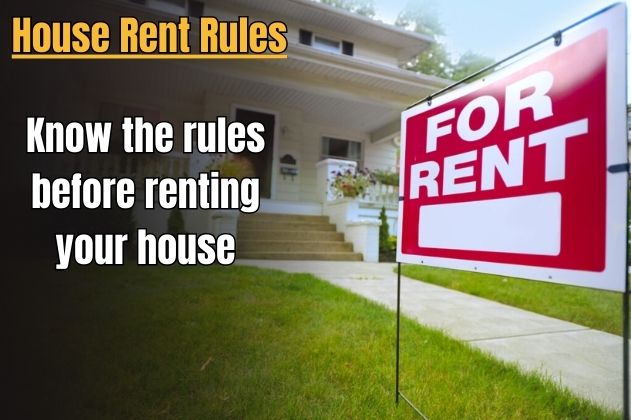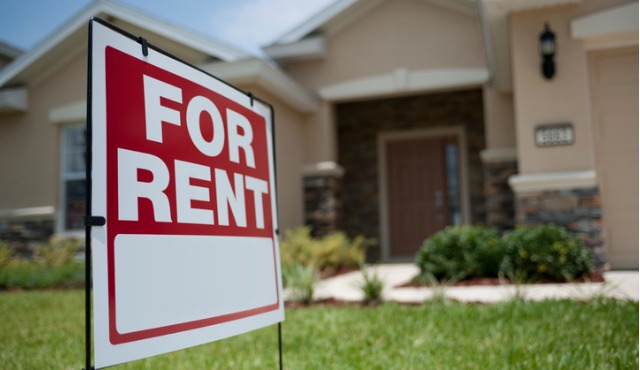Finding the Perfect House for Rent: A Comprehensive Guide
Renting a house can be a rewarding experience, offering flexibility and the chance to live in diverse locations without the long-term commitment of buying. Whether you’re moving for work, seeking a change of scenery, or simply prefer renting, this guide will help you navigate the complexities of finding the ideal house for rent.
Key Takeaways
- Understand your needs and budget before starting your search.
- Research neighborhoods to find a location that meets your lifestyle preferences.
- Inspect potential rental properties thoroughly to avoid hidden issues.
- Read and understand the lease agreement before signing.
- Consider working with a real estate agent for professional guidance.
Understanding Your Needs and Budget
Before diving into the world of rental properties, it’s crucial to outline your needs and establish a budget. Consider the following:
Determine Your Needs
Start by listing your must-haves, such as the number of bedrooms and bathrooms, pet-friendliness, or proximity to work and schools. Think about your lifestyle and what features are non-negotiable for you. Do you need a backyard, garage, or specific amenities like a swimming pool?
Set a Realistic Budget
Budgeting is essential to prevent financial strain. A common rule of thumb is to allocate no more than 30% of your monthly income to rent. However, consider other expenses like utilities, maintenance, and commuting costs. Use online calculators to help determine what you can afford.
Researching Neighborhoods
The location of your rental home can significantly impact your quality of life. Here’s how to choose the right neighborhood:
Consider Your Lifestyle
Are you looking for a bustling urban area or a quiet suburban neighborhood? Consider factors like proximity to public transportation, schools, parks, and shopping centers. Also, research the crime rates and community vibe to ensure it aligns with your lifestyle.
Visit Potential Areas
Once you’ve narrowed down your choices, visit these neighborhoods at different times of the day to get a feel for the area. Observe traffic patterns, noise levels, and the general atmosphere. This will help you determine if it’s a place you’d like to call home.
Inspecting Potential Houses for Rent
When you find a house that piques your interest, it’s time to inspect it. Here’s what to look for:
Check the Condition
Inspect the house thoroughly, paying attention to the condition of the walls, floors, and ceilings. Look for signs of mold, water damage, or pests. Check that all appliances are in working order and that plumbing and electrical systems are up to standard.
Assess the Exterior
Don’t forget to examine the exterior of the property. Ensure the roof is in good condition, gutters are clear, and the yard is well-maintained. A poorly maintained exterior can lead to costly repairs down the line.
Reading and Understanding the Lease Agreement
The lease agreement is a legally binding document that outlines the terms of your rental. Here’s how to ensure you understand it:
Review Key Clauses
Pay close attention to clauses related to rent payment, security deposits, maintenance responsibilities, and the policy on pets. Understand the terms for renewing or terminating the lease, and clarify any ambiguous language with the landlord or property manager.
Negotiate Terms
If there are terms you’re uncomfortable with, don’t hesitate to negotiate. Landlords may be willing to adjust certain conditions, especially if you’re a desirable tenant with a stable income and good references.
Working with a Real Estate Agent

While it’s possible to find a house for rent on your own, working with a real estate agent can simplify the process:
Benefits of an Agent
A real estate agent has access to listings that may not be publicly advertised. They can help you navigate the rental market, provide insights into neighborhoods, and negotiate lease terms on your behalf.
Choosing the Right Agent
Choose an agent with experience in the rental market and a good reputation. Ask for recommendations from friends or family, and interview multiple agents to find one you’re comfortable working with.

Finding the perfect house for rent requires careful planning and research. By understanding your needs, setting a budget, researching neighborhoods, inspecting properties, and understanding lease agreements, you can make an informed decision. Whether you choose to go it alone or enlist the help of a real estate agent, this guide provides the foundation you need to find a rental home that suits your lifestyle and budget.
Remember, renting a house is not just about finding a place to live; it’s about finding a home where you can create lasting memories. Happy house hunting!